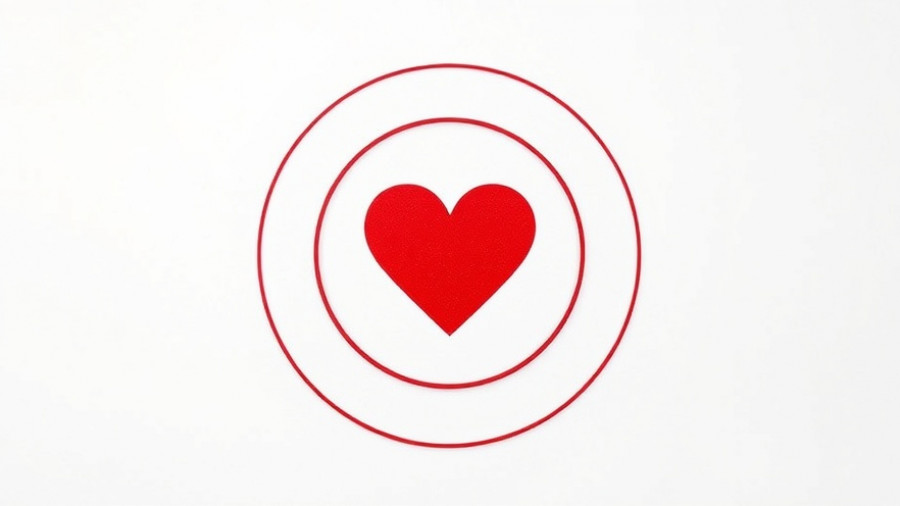
Understanding the Vaccination Dilemma Among Parents
The conversation around vaccinations has transformed into a heated debate that contrasts personal choice with public health responsibility. For many parents navigating through a maze of information, the weight of vaccinating their children lies heavily on both their individual perspectives and broader community impacts.
According to recent polling data, a striking divide has emerged between political affiliations with regard to vaccination beliefs. A significant 74% of Democrats perceive vaccinations as a public health responsibility, whereas 62% of Republicans believe it's strictly a personal choice. This chasm reflects not only differing political ideologies but also varying levels of trust in health systems and public health messages.
The Role of Misinformation and Trust
In the era of misinformation, parents face challenges that complicate their decision-making process. Polling by the Kaiser Family Foundation indicates that trust in health organizations, like the CDC, has declined across the board. Just 50% of Americans trust the CDC for reliable vaccine information, with lower figures among Republicans. Misinformation surrounding vaccine safety, particularly the unfounded connection between the MMR vaccine and autism, has worsened parents' fears and skepticism. As of 2025, about 63% of adults have heard claims linking vaccines to autism, highlighting the pervasive nature of misinformation in shaping public perceptions.
Cultural Reflections: A Global Comparison
As conversations unfold regarding vaccination in the U.S., parents can look to countries in Europe, like the UK, Belgium, and Italy, where public health education and trust in health systems offer valuable lessons. In these countries, the ethos of community responsibility often supersedes individualism when it comes to health decisions. Learning from these cultural contexts might aid U.S. parents in viewing vaccinations as a collective duty rather than solely a personal choice.
The Importance of Vaccination for Community Health
Immunization programs are crucial not just for individual protection, but also for community health. When parents choose to vaccinate, they contribute to herd immunity, protecting those who cannot be vaccinated due to medical reasons. Especially in a time when infectious diseases pose ongoing risks, such as rising rates of measles due to vaccine hesitancy, understanding the broader implications of vaccination is critical.
Empowerment Through Health Literacy and Advocacy
Promoting health literacy and addressing health inequalities are crucial to improving vaccine acceptance. Parents must feel informed and empowered to make decisions. This can be facilitated through clear communication from health agencies that demystifies vaccine safety and efficacy. Schools can also play a pivotal role in supporting vaccination efforts by providing parental engagement resources and educating families about vaccination benefits.
Actionable Steps for Parents
For parents grappling with the vaccination question, here are actionable steps they can take to promote both personal and community health:
- Seek information from trusted and verified sources such as pediatricians and reputable health organizations.
- Engage in community discussions or forums regarding health issues to share perspectives and build a supportive network.
- Advocate for school policies that promote vaccination and health education to foster informed decision-making among families.
Conclusion: A Collective Responsibility
As discussions around vaccination continue to evolve, it is essential for parents to understand their role in both personal health and the health of their communities. Balancing information from trustworthy sources, recognizing the importance of herd immunity, and engaging in open dialogue will empower parents to navigate vaccination decisions thoughtfully and responsibly. By choosing to vaccinate not just for their families but for the health of all, parents embody the spirit of community solidarity. So, let’s commit to being informed and proactive in protecting the health of our children and communities.
 Add Row
Add Row  Add
Add 




Write A Comment